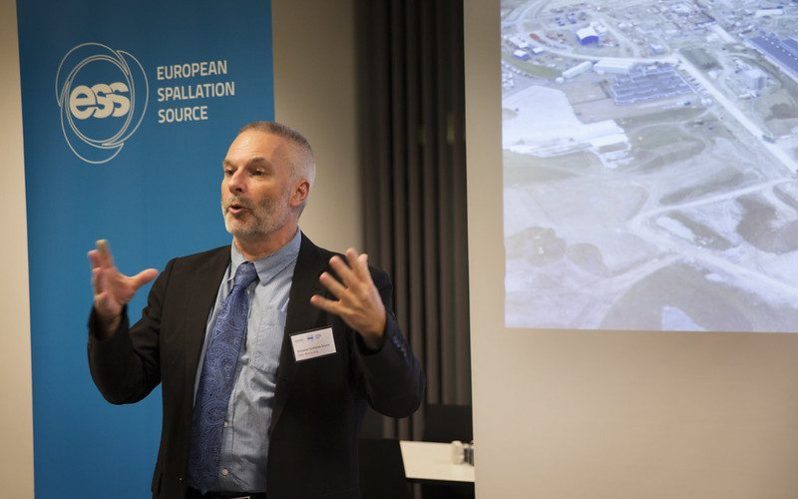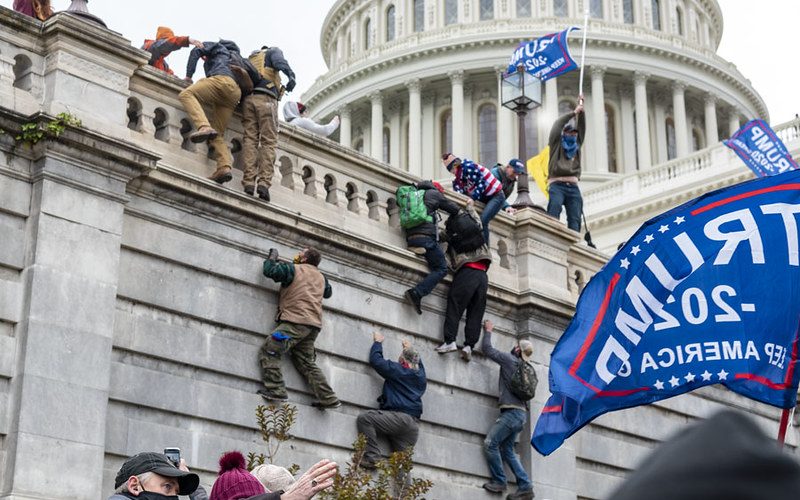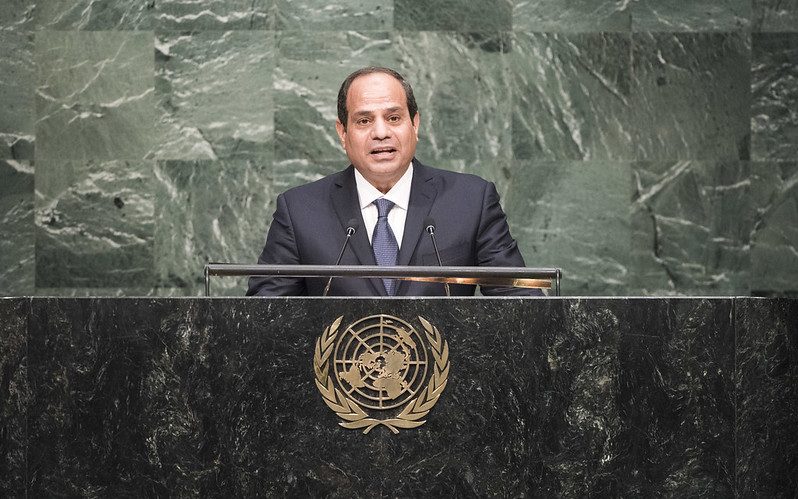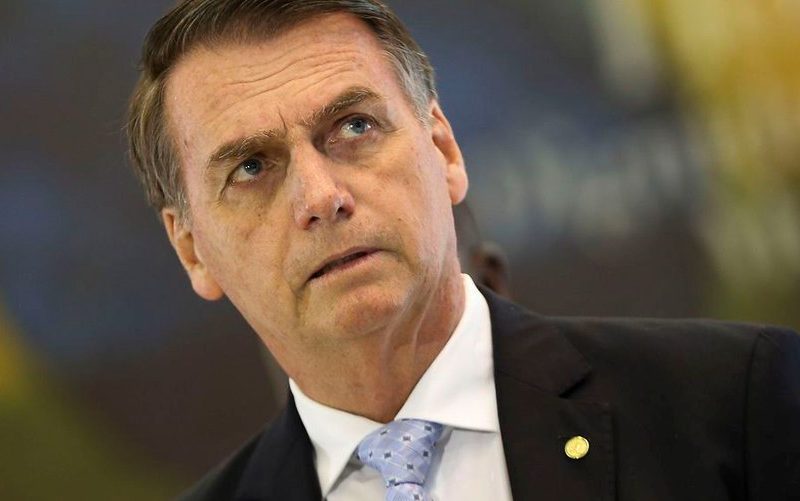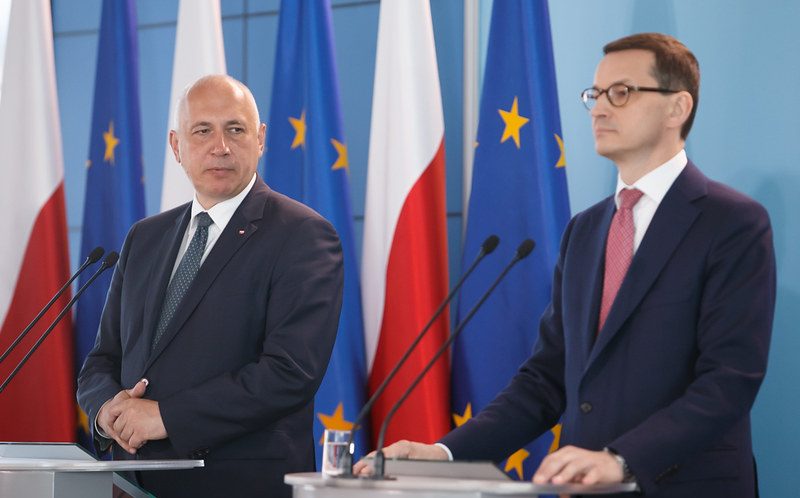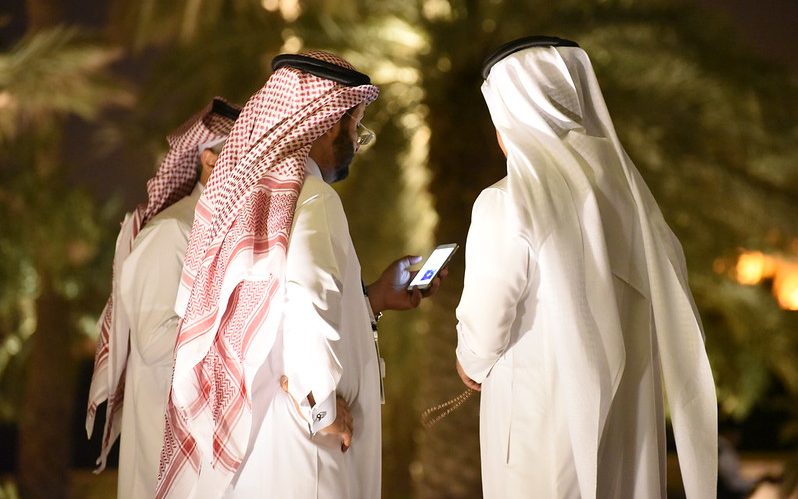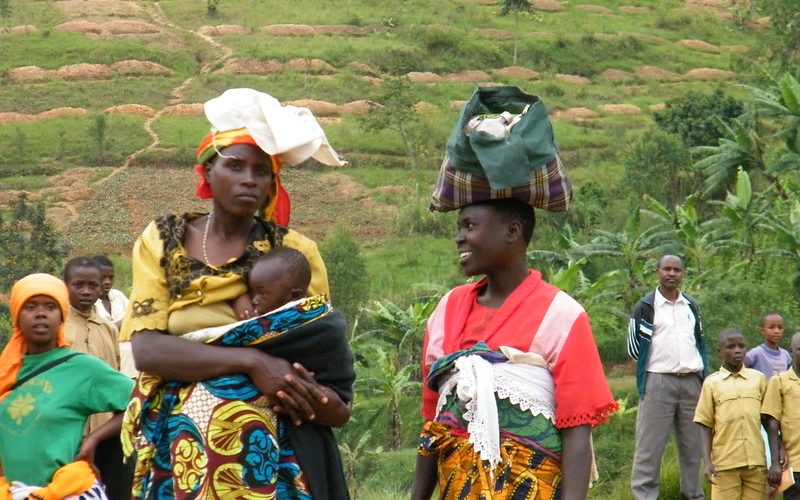
Post-Flag African Nation and State Building and the Question of Gender: Why Independence Does Not Equal Women’s Liberation
This analysis draws on the arguments of feminist scholars to explore the complex role of women in African post-flag societies, and in particular the strategic use of hetero-patriarchal narratives by different African governments for the purpose of nation and state-building. The article shows how African ethno-nationalisms and militarised practices of state-building heavily benefit from the oppression of women and the control of women’s bodies.

